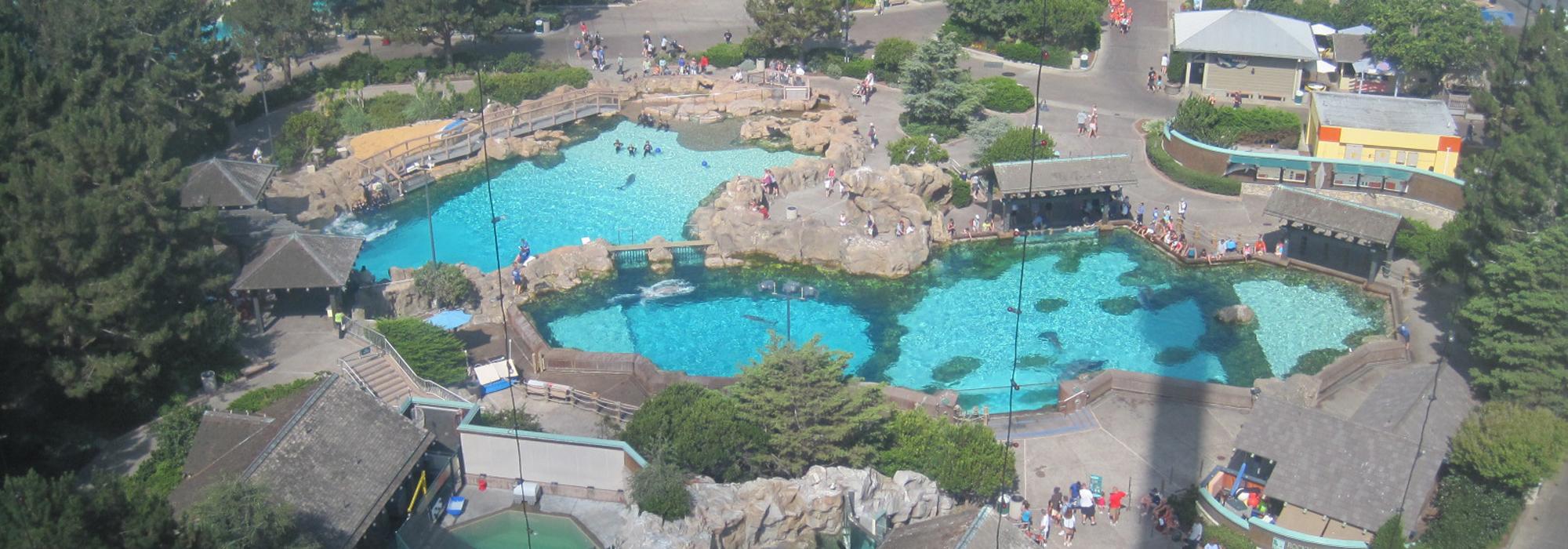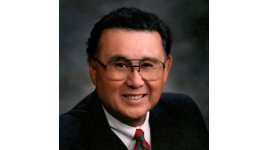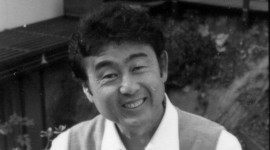The Cultural Landscape Foundation Launches New Pioneers Oral History about Modernist Landscape Architect Joseph Yamada
Media Contact: Nord Wennerstrom | T: 202.255.7076 | E: nord@tclf.org
The Cultural Landscape Foundation Launches New Pioneers Oral History about Modernist Landscape Architect Joseph Yamada
Oral History covers life, design philosophy & projects of noted practitioner who influenced San Diego landscape for more than 50 years
Washington, DC (May 1, 2013) – The Cultural Landscape Foundation (TCLF) today launched its ninth illustrated, online Pioneers Oral History, this one focused on the American landscape architect Joseph Yamada. Over a span of more than 50 years, San Diego-born Yamada has shaped of many landmark sites including SeaWorld, Seaport Village, Embarcadero Marina Park, and the La Jolla Village Plaza. Additionally he did campus planning for more than 50 years at the University of California, San Diego and numerous other campus projects including San Diego City College and Scripps Institution of Oceanography. Yamada studied landscape architecture at University of California, Berkeley where Modernist instructors Thomas Church, Garrett Eckbo and Lawrence Halprin among others influenced his design philosophy. He graduated in 1954 and joined the office of Harriet B. Wimmer, the first woman landscape architect in commercial practice in San Diego. In 1960, the two became partners and renamed the firm Wimmer Yamada, a name they kept even after Harriet Wimmer retired.
In 25 segments totaling 80 minutes Yamada discusses his life, influences, and philosophy – his studies at Berkeley, the influence of Thomas Church, Garrett Eckbo and Lawrence Halprin, his professional partnership with Harriet Wimmer and other career highlights, along with his experience in a World War II Japanese Internment Camp and breaking racial barriers.
The Yamada Oral History includes a downloadable transcript of the interviews featured on the Web site. Also available are reflections by Yamada’s friends, family, colleagues, collaborators and co-workers about his life, career and legacy.
The series is an outgrowth of the Pioneers of American Landscape Design Project and currently includes oral histories with Shlomo Aronson, Edward Daugherty, Stuart Dawson, M. Paul Friedberg, Lawrence Halprin, Carol Johnson, Cornelia Oberlander, and James van Sweden. Collectively, these histories document and preserve the unique, first‐hand perspectives of renowned landscape practitioners, and make them available free of charge to present and future generations of stewards, designers, researchers and others interested in the field.
The series format examines each designer’s personal and professional history, their overall design philosophy and how that approach was carried out in their most emblematic projects. Richly edited, the video segments include never before seen archival footage, new photography, and on‐location videography. An oral history is in production about Laurie Olin.
“Joe Yamada is a landscape architect of great depth, nuance and finesse,” said Charles A. Birnbaum, TCLF founder and president, “and this oral history will help introduce his considerable career and body of work to a wider audience.”
It is because of Patrick Caughey at Wimmer Yamada and Caughey that TCLF embarked on this oral history. We also wish to give thanks for contributions by Wimmer Yamada and Caughey, the San Diego Chapter of the American Society of Landscape Architects, Robert and Maria Kelly Stewardship, and most importantly, Joseph and Elizabeth Yamada for their time and generosity. The Pioneers Oral History series is the recipient of a 2009 National Endowment for the Arts Design Arts grant. The American Society of Landscape Architects is an official education partner for the series with outreach to more than 36,000 landscape architects nationwide.
About The Cultural Landscape Foundation (TCLF)
The Cultural Landscape Foundation provides people with the ability to see, understand and value landscape architecture and its practitioners, in the way many people have learned to do with buildings and their designers. Through its Web site, lectures, outreach and publishing, TCLF broadens the support and understanding for cultural landscapes nationwide to help safeguard our priceless heritage for future generations.





